Get in touch with us
Vysoká škola polytechnická Jihlava
Tolstého 16
586 01 Jihlava
IČ: 71226401
DIČ: CZ71226401
Contact
Phone: +420 567 141 111
Fax: +420 567 300 727
E-mail: vspj@vspj.cz
Mailbox ID: w9ej9jg
Contact point of the Rector's Office
Monika Jonášová
E-mail: monika.jonasova@vspj.cz
Study Department
Phone: +420 567 141 181
E-mail: studijni@vspj.cz